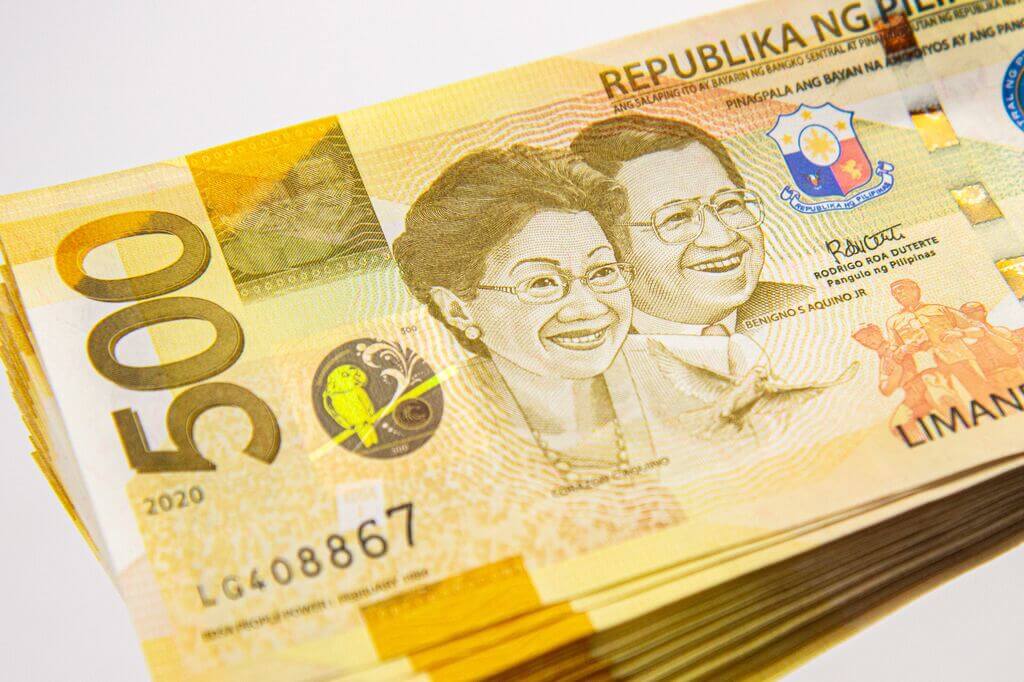Standardizing property valuation in the Philippines
The RPVARA aims to standardize the valuation of real property across the Philippines, ensuring a consistent and fair assessment process. This reform is beneficial for both property buyers and owners as it promotes transparency and predictability in the real estate market. Standardized property valuations allow buyers to make informed decisions based on accurate and uniform property assessments. For current property owners, this ensures that their property taxes are assessed equitably, preventing discrepancies and potential overvaluation issues that may have existed previously.
Encouragement of tax compliance
President Marcos emphasized that the amnesty strategy aims to promote and incentivize long-term and consistent tax compliance among property owners. By waiving interests, surcharges, and penalties on unpaid real property taxes, the government provides a significant incentive for property owners to adhere to tax regulations.
This action is expected to cultivate a culture of tax compliance, ensuring that property owners fulfill their tax obligations in the future. This reform indicates a more stable and reliable investment environment for foreigners interested in Philippine real estate, where property owners are encouraged to maintain good standing with tax authorities.
Enhanced government revenue collection
The amnesty on interests, penalties, and surcharges is expected to significantly boost the government’s revenue-collection efforts. Senator Sherwin Gatchalian noted that waiving these fees would encourage tax compliance and improve overall revenue collection. For the government, this means an influx of funds that can be used to enhance public services and infrastructure. For property buyers and owners, the improved revenue collection could lead to better public amenities and services, further increasing the attractiveness of investing in Philippine real estate. The RPVARA not only benefits individual property owners but also contributes to the broader economic development of the country.
Implications for property buyers and owners
For individuals looking to buy property, the enactment of the RPVARA along with the tax amnesty offers a great opportunity to invest in Philippine real estate. The standardized property valuation and the amnesty on delinquent taxes minimize the financial uncertainties related to property transactions. Prospective buyers can now enter the market with confidence, assured that property assessments are fair and transparent.
For current property owners, the two-year amnesty period is an important opportunity to resolve any unpaid tax obligations without facing extra costs. This relief can assist property owners in stabilizing their financial situation and complying with tax regulations in the future. Moreover, the standardized valuation process ensures that properties are accurately assessed, preventing overvaluation and unfair tax burdens.







